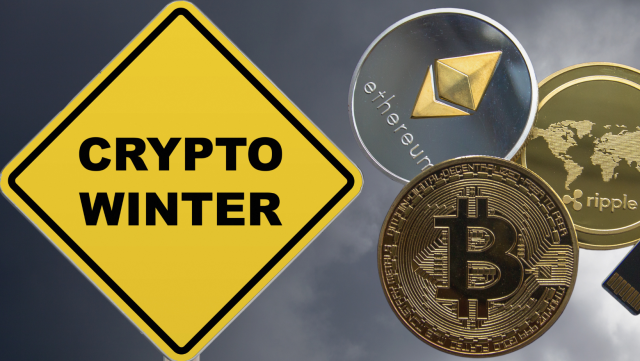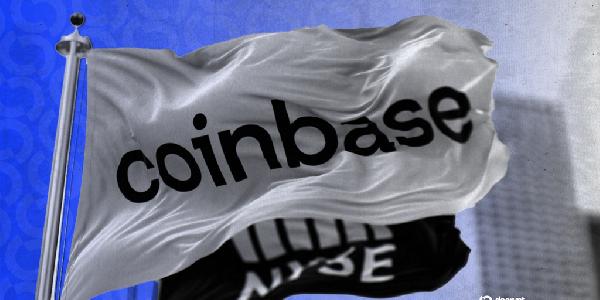Robinhood has officially completed its $200 million acquisition of Bitstamp, marking a bold step toward globalizing its crypto services and deepening its reach into institutional markets.
The move positions Robinhood as a serious contender in the international crypto scene, expanding beyond its U.S. base and into the European Union, the UK, and Asia.
Bitstamp’s Legacy Adds Weight to Robinhood’s Expansion
Founded in 2011, Bitstamp is the world’s longest-running crypto exchange, with a reputation for reliability and transparency. With more than 50 licenses and registrations globally, the platform has built a loyal customer base among both retail users and financial institutions.
According to a June 2 announcement, the acquisition isn’t just about expanding geographies; it’s Robinhood’s formal entry into institutional crypto. Bitstamp brings with it products like crypto-as-a-service, institutional staking, and lending, setting the stage for Robinhood to compete with heavyweight platforms in this space. The integration also enhances the company’s product suite for retail traders, promising smoother, more secure, and diverse trading experiences.
Johann Kerbrat, General Manager of Robinhood Crypto, said the deal marks a “major step” in growing the firm’s digital asset division. He praised Bitstamp’s resilience during market downturns and its consistent delivery of secure and customer-centric services. With this move, Robinhood doesn’t just gain infrastructure—it inherits a seasoned team and a globally trusted brand.
Bitstamp’s CEO, JB Graftieaux, also expressed optimism, noting that joining forces with Robinhood would elevate the trading experience while maintaining a strong focus on compliance and transparency.
Regulatory Green Light Clears the Runway
The timing couldn’t be better. Robinhood recently cleared a regulatory hurdle as the U.S. Securities and Exchange Commission (SEC) closed its long-running investigation into the company’s crypto arm without taking any action.
The agency had previously issued a Wells Notice over potential securities violations, but Robinhood maintained that its platform never facilitated trades in securities. The firm had already taken preemptive steps to delist certain tokens to stay aligned with U.S. regulatory expectations.
Last month, Robinhood submitted a detailed proposal to the SEC urging modernized regulation for tokenized real-world assets (RWAs). It stressed that blockchain-based versions of assets like real estate and equities should be treated under the same legal framework as their traditional forms, not as derivatives.
The proposal also outlined plans for a Real World Asset Exchange, promising on-chain settlement, strict compliance features, and improved transparency.






